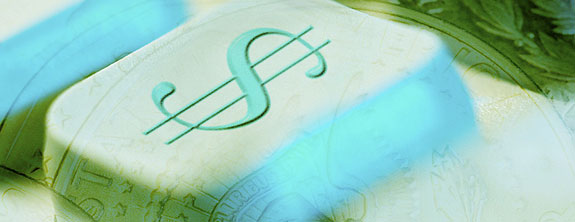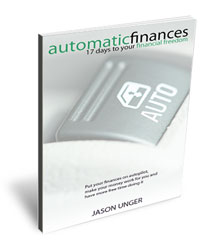
The steady increase over the years of online services to take care of consumer’s banking needs has caused a number of financial institutions to do away with many of their physical locations. Instead, they’ve chosen to give their customers what they want, which is an easy banking experience that they can enjoy wherever an internet connection is available.
A research study by SNL Financial discovered that over 2,200 physical banking branches were closed by banks in 2012 alone. Even with the decrease in physical available banking branches, many customers are still choosing to forgo using online banking options. This is due to a variety of reasons. Some customers don’t have access to internet services because they may lack a home computer or an internet connection, while others simply distrust using online banking.
While this article can’t help you with accessing the internet, it can give you a few tips to make you feel more secure when trying online banking.
It’s easy for an online banking institution to tell you that the process is secure and more convenient, but you really have no reason to believe their claims. When you’re ready to try online banking for yourself, simple follow these tips to ensure that your experience is a good one. First of all, you should make sure that any online banking institution you use is FDIC-insured. You know that you can trust a bank that is backed by the Federal Deposit Insurance Corporation.
Whether it’s a physical bank or one online, the FDIC works to protect customers in case there is a bank failure, so you know that your money will be safe. The bank that you choose should have the phrased “Member FDIC” or “FDIC-Insured” located on their web page with the FDIC logo in plain view.
Online banking customers can also ensure that their account remains secure by creating an account password that is difficult to guess. Choosing the street you live on or something similar is not advisable. Many online banking institutions have a character minimum or certain requirements for passwords that are acceptable. This can include a minimum password length, the use of both upper and lowercase characters, and the use of numbers or special characters. This may seem like a lot, but it helps to ensure that there is no unauthorized activity on your account. You should also memorize your password or make sure that you keep it written down in a secure location.
Some people also suggest that you refrain from closing any previous accounts you have at a physical bank for up to one month to ensure that any previous card purchases that are on hold or checks you’ve written will clear. If you don’t have any outstanding banking activity this isn’t really necessary, and many physical banks already offer banking options online that will allow you to set up automatic bill paying and deposits all online.
In the end, online banking isn’t all that scary or difficult and it can be more convenient. There’s no need to wait for your bank to open, you can take care of your banking business at any time of the day or night, and you don’t even have to leave the comfort of your home to do it.
Hello, I’m Blair Thomas and I’m an electronic payment expert and the co-founder of eMerchantBroker.com from Los Angeles, CA, the #1 instant merchant account company in the country. I enjoy hiking, dining and discovering new music. When I’m not working in the electronic payments industry, you can most likely find me producing and writing music. Add me to your circles at Google+.



